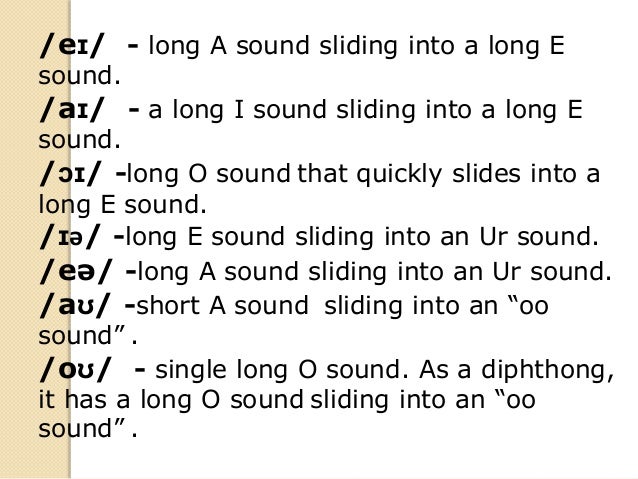Word Consciousness





Definition: “awareness and interest in words and their meaning." While word consciousness is just one aspect of effective vocabulary instruction, I believe it is the most important way to motivate students to read and build their vocabulary. https://keystoliteracy.com/blog/word-conscious-classroom/
Picture:
Importance: As the definition already kind of stated, the reason word consciousness is important to children's ability to learn is due to the fact that it builds a child's vocabulary, as well as motivates students to want to learn more and in depth about a certain thing.
Diphthongs
Definition: a vowel in which the speaker's tongue changes position while it is being pronounced, so that the vowel sounds like a combination of two other vowels. The vowel sound in 'tail' is a diphthong. https://www.collinsdictionary.com/us/dictionary/english/diphthong
Picture:

Importance: The importance of diphthongs is one that is a little harder to understand because I don't think you can really explain it without an exact example of what it is. Bu they are necessary in our education because they help explain the reason for why when two vowels are placed beside one another, sometimes they only make one sound, while other words make one sound with one vowel and another sound with the other.
Ambiguous Vowels
Definition: sequence is a phonetic string (segment or sequence) that may be interpreted as a:
- diphthong
- two separate vowels, or
- a vowel and a consonant
- https://glossary.sil.org/term/ambiguous-vowel-sequence
Picture:

Importance: Ambigous vowels are important to a child's education because they represent the oddballs of vowels, meaning the sound that they make is not normally what the vowels usually make. This can confuse children when pronouncing words they do not know.
Homophones
Definition: is a word that has the same sound as another word but is spelled differently and has a different meaning https://www.vocabulary.com/articles/chooseyourwords/homonym-homophone-homograph/
Picture:

Importance: Homophones are important to a child's education because they are the reason many children have trouble spelling. Words that sound alike, but are spelled differently, are sometimes words that adults struggle with. So teaching children at a young age that these words are exceptions to certain rules will allows them to make sense of what they are seeing.
Homographs (BONUS)
Definition: words that are spelled the same but have different meanings and are pronounced differently — like "sow," meaning female pig, and "sow," to plant seeds. https://www.vocabulary.com/dictionary/homograph
Picture:

Importance: Homographs as well as homphones are reasons that children struggle with spelling. The only reason homographs make a little more sense to children is the aspect that they are spelled the same, this way children do not have to worry about making a mistake, they just have to learn the different meanings for one word.
Homonyms (BONUS)
Definition: word that sounds the same as another word but has a different meaning and/or spelling. flower and flour https://www.vocabulary.com/dictionary/homophone
Picture:

Importance: Homonyms, just like homographs and homophones, are a curse for children. Just the names "homonyms, homographs, and homophones" confuse most adults and are hard to differentiate. These concepts teach children why certain words operate the way they do and how many words are connected not just by meaning, but by spelling and sound.

Comments
Post a Comment